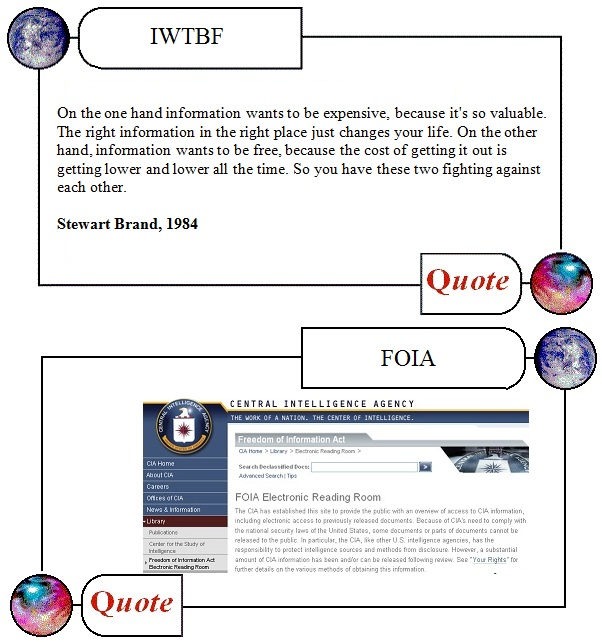APPLIED HISTORY
Last week, HNN ran a somewhat critical piece by John Elrick on Colonel H.R. McMaster and Frederick Kagan entitled “The Two Historians Who Are Playing a Key Role in “The Surge“. The primary hook for HNN’s readers was the aspect of two historians (albeit one a serving military officer) playing an influential role in developing administration policy:
“Like Kagan, H.R. McMaster holds a PhD in military history, earning his from the University of North Carolina, Chapel Hill. Col. McMaster was commander of the 3rd Armored Cavalry Regiment in northwestern Iraq from 2005-2006 and is currently an advisor to the head of US forces, General David Petraeus. McMaster belongs to a group of “warrior intellectuals” who, according to Thomas Ricks of the Washington Post, “make up one of the most selective clubs in the world: military officers with doctorates from top-flight universities and combat experience in Iraq.”
McMaster authored the highly acclaimed book, Dereliction of Duty: Lyndon Johnson, Robert McNamara, the Joint Chiefs of Staff, and the Lies That Led to Vietnam, which charges that President Johnson misled the country into war and pressured the nation’s military leaders to lie about. The book is highly influential among current military officers and is required reading at West Point.
Both Kagan and McMaster have taught history at West Point. The former was a Professor at the US Military Academy from 1995 to 2005, while the latter taught there from 1994 to 1996.”
Traditionally, relatively few historians have been deeply engaged in shaping current policy or political affairs. Bernard Lewis, the eminent Mideast scholar, is frequently cited as having been a deep influence on the Bush administration policy makers who favored the invasion of Iraq. Sean Wilentz was a vigorous defender of President Clinton during impeachment hearings and leading historians like Richard Pipes have sometimes quietly served tours of duty on the staff of the National Security Council. Few have ever gone so far as did the recently deceased Arthur Schlesinger, jr. and become members of a President’s White House inner circle. Most historians though, keep their distance from current policy.
The acclaimed scientist, environmentalist and futurist Stewart Brand, whose ideas presaged the internet-based information revolution has called on historians to practice “Applied History“
“All historians understand that they must never, ever talk about the future. Their discipline requires that they deal in facts, and the future doesn’t have any yet. A solid theory of history might be able to embrace the future, but all such theories have been discredited. Thus historians do not offer, and are seldom invited, to take part in shaping public policy. They leave that to economists.
But discussions among policy makers always invoke history anyway, usually in simplistic form. “Munich” and “Vietnam,” devoid of detail or nuance, stand for certain kinds of failure. “Marshall Plan” and “Man on the Moon” stand for certain kinds of success. Such totemic invocation of history is the opposite of learning from history, and Santayana’s warning continues in force, that those who fail to learn from history are condemned to repeat it.
A dangerous thought: What if public policy makers have an obligation to engage historians, and historians have an obligation to try to help?
And instead of just retailing advice, go generic. Historians could set about developing a rigorous sub-discipline called “Applied History.”
There is only one significant book on the subject, published in 1988. Thinking In Time: The Uses of Hustory for Decision Makers was written by the late Richard Neustadt and Ernest May, who long taught a course on the subject at Harvard’s Kennedy School of Government. (A course called “Reasoning from History” is currently taught there by Alexander Keyssar.)
Done wrong, Applied History could paralyze public decision making and corrupt the practice of history — that’s the danger. But done right, Applied History could make decision making and policy far more sophisticated and adaptive, and it could invest the study of history with the level of consequence it deserves.”
Brand has a solid point. Historians have a useful skill-set to offer policy makers. As a discipline, history requires the cultivation of a very large cognitive map that serves both as a knowledge base as well as a starting point for recognizing patterns and analogies. Historians spend much time assessing the validity and reliability of data and discerning cause and effect. Like scientists ( perhaps the only time when historians are like scientists), historians attempt to isolate causation from mere correlation. When policy makers have to deal with uncertainty, historians can reduce that uncertainty at the margins by providing the context in which to make logical extrapolations or to apply the specfic skills of psychologists, economists, game theorists or other specialized analysts.
Historians, of course, are just as liable to bias as anyone else, so no pretensions to omniscience should be aired. However, all things being equal, historians at least can provide a better-informed bias than if their contribution were absent from the policy process.




